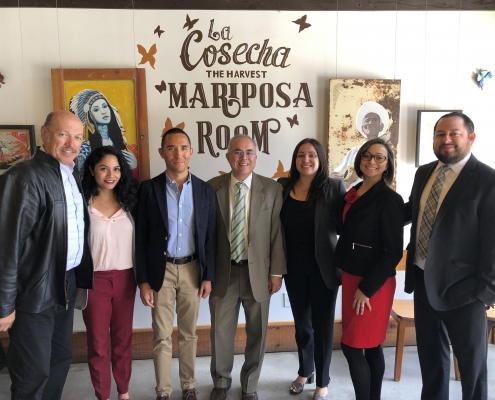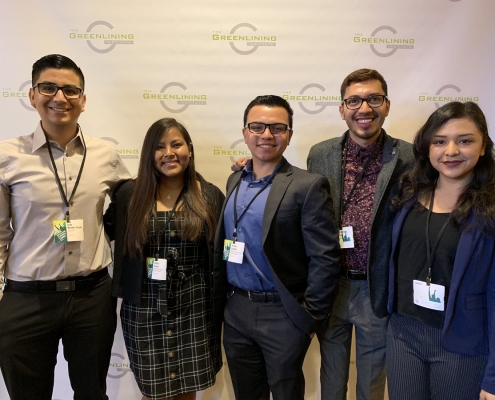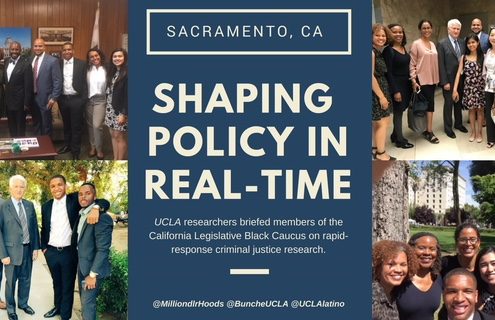Posts

Informing Policy in Real Time: UCLA LPPI in Sacramento
By Celina Avalos and Sonja Diaz On May 20, 2019, the UCLA…

Health, Wealth, & Power: A Student’s Perspective
By Vianney Gomez and Celina Avalos As policy fellows with…

Million Dollar Hoods Goes to Sacramento
May 4, 2018 Last week, Dr. Kelly Lytle Hernandez, professor…

